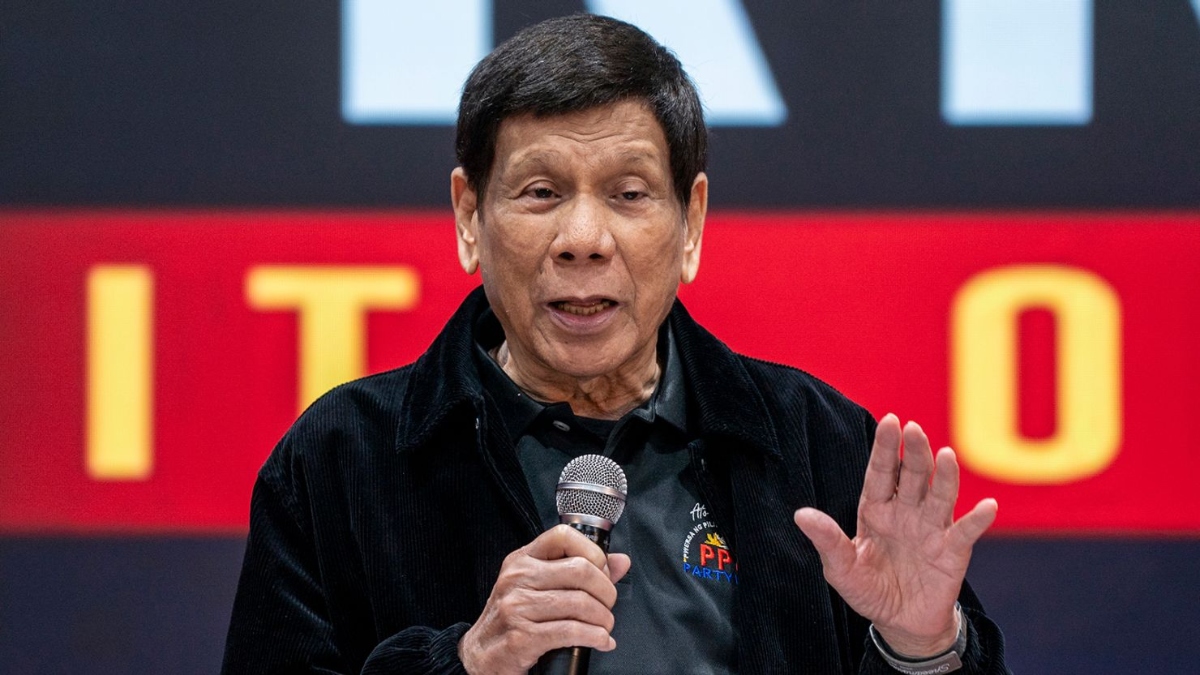Former President Rodrigo Duterte’s past public statements about his brutal anti-drug campaign could become central evidence in the International Criminal Court’s (ICC) proceedings against him.
According to human rights lawyer Kristina Conti, who represents families of drug war victims, publicly available videos of Duterte discussing the drug war are likely to be presented during the ICC’s confirmation hearings in September. “Videos of Duterte making statements will be there because that is evidence of intention,” Conti said in an Inquirer report.
The ICC Office of the Prosecutor, led by Karim Khan, has submitted 421 pieces of documentary evidence totaling 8,565 pages to Duterte’s legal team, along with audiovisual files. Among these is likely the Philippine National Police’s Command Memorandum Circular No. 16-2016, which launched “Project Double Barrel” on Duterte’s first day in office—an anti-drug program modeled after his Davao City operations.
“That is surely included because that [circular] has a national scope,” Conti explained, citing the document’s relevance to the broader narrative of a nationwide, systematic crackdown.
Conti said the court is focusing on “evidence that is emblematic of the actual merits of the case,” particularly those that would position Duterte as an “indirect coperpetrator” in a widespread and systematic attack against civilians. “What is truly relevant is what would prove the elements of the case, [including evidence pointing to] a widespread and systematic plan to attack,” she added.
The ICC’s Pre-Trial Chamber emphasized in an April 17 ruling that only evidence with clear relevance and factual support should be disclosed. The confirmation hearing, set for September 23–26, will determine whether the charges of crimes against humanity, specifically murder, will move forward to trial.
If found guilty, Duterte may face not only accountability but also the possibility of reparations being granted to survivors and families of victims. The ICC has already begun processing identification documents from indirect victims seeking recognition and potential reparative relief.






